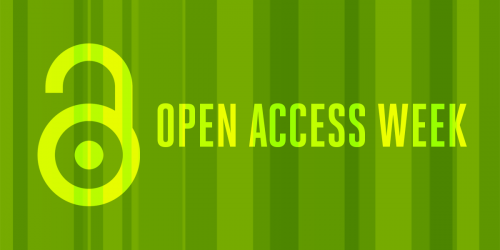PACER (Public Access to Court Electronic Records) is the government-run online system used by lawyers, the press, and the public to access public federal court records in the United States. The administrators of that system recently announced that a huge number of documents from five federal courts have been permanently removed from its database and are no longer publicly viewable. For one circuit court, only documents filed within the last 2.5 years are now available; for two other circuit courts, documents now go back only 4 years.
Though this change appears to be part of PACER’s attempt to join the 21st Century—the removal is part of PACER’s migration to its NextGen system, which is incompatible with the decades-old legacy systems holding these records—it stands in sharp contrast to the Supreme Court’s acknowledgement in Nixon v. Warner Communications that the public has “a common-law right of access to judicial records” and to PACER’s own mission of making records more accessible.1
The removal of the files of five U.S. federal courts from its system deserves to be lambasted for many reasons (don’t worry: we’ll get to that below). But it can also serve as an important—and, we hope, enticing—invitation to the affected courts: Given that the removed documents are already digitized as PDFs and that numerous organizations have offered to host the documents for free, we encourage the courts to publish their records elsewhere and finally make their public records truly accessible to the public.
The Mess
PACER’s removal of records on August 11 has been an undeniable mess. First, the removal happened a mere day after the plan was announced. And the initial announcement didn’t even provide all of the details of the change (a screenshot of the original is available here).
Given that PACER is the one-and-only system for Public Access to Court Electronic Records—including a number of important civil rights decisions the records of which were removed—more notice should have been given.
Second, this shift marks a serious step back, even for PACER.
PACER has long drawn the ire of open-government activists like the late Aaron Swartz and Public.Resource.Org’s Carl Malamud for charging users to access public documents (10 cents per page for search results and 10 cents per page for documents retrieved). These charges quickly add up—both for users and for PACER. In fact, according to a 2009 New York Times report, PACER had a surplus of $150 million. We believe PACER should not charge people to access the law. These records have the potential to impact people’s lives on a daily basis, and the fact that the fees have resulted in a profit is absurd.
The Cleaning Solution
For years, activists like Swartz and Malamud attempted to free court records for the public. In 2008, Malamud raised funds to put 50 years of federal appellate court records online, while encouraging other activists to do the same. Swartz heeded the call and wrote a program to download records that 17 libraries were offering for free as part of a pilot trial. Swartz’s program so alarmed those in charge that they shut the pilot program down, and the FBI even conducted a politically-charged investigation, though no charges were filed.
Since then, tools have emerged to assist in liberating court records. One such tool is RECAP, a Firefox and Chrome extension that allows PACER users to donate the documents they view to the Internet Archive, which can then be accessed by other users without incurring fees. The Free Law Project and Princeton University’s Center for Information Technology Policy maintain the extension.
In response to the current PACER mess, several organizations, including the Free Law Project and Public.Resource.Org, have sent letters to the Chief Judge of each affected court, requesting the removed records so they can make them available once again to journalists, researchers, lawyers, and the general public.
These organizations are giving the courts the opportunity not only to make the records available online again but, even better, to make them available online for free. The courts have nothing to lose and much to gain by fulfilling this request: the records are already digitized, and simply need to be hosted somewhere. The Free Law Project and Public.Resource.Org are offering to do just that, and at absolutely no cost to the courts, litigants, academics, or the public. We urge the courts to take these organizations up on their offer.
- 1. PACER notes that people who wish to obtain the deleted records can still do so the old-fashioned way, by requesting hard copies directly from the court. But, given that these records are already digitized and were previously available online, this marks an absurd regression.









